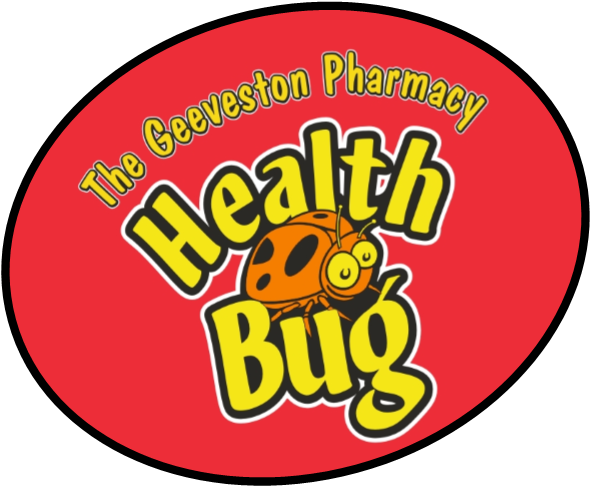 Gastro-oesophageal reflux disease
Gastro-oesophageal reflux disease
The festive season is upon us. With these celebrations, many of us tend to eat too many rich foods and drink a little more than we should. This can lead to gastro-oesophageal reflux disease (GORD).
GORD is a term used to describe a bunch of symptoms including uncomfortable heartburn or chest pain, acid taste in the mouth, feeling bloated, indigestion or a persistent night time cough.
Thankfully for many of us, the symptoms of GORD are short-term and relatively minor.
Generally, a change back to a normal healthy diet resolves the stomach issues so we can focus on our new year resolutions.
When GORD becomes chronic there are a few complications that can occur. The food tube (oesophagus) can become inflamed and ulcers can form. Untreated long-term GORD can lead to increased risk of oesophageal cancer.
GORD can be caused and aggravated by certain conditions, foods, medications and habits. These include anxiety, smoking, alcohol, chocolate, being overweight, caffeine, pregnancy, fatty foods, large meals, certain medications (anti-inflammatories, some antibiotics and some antidepressants) and diabetes.
When these symptoms occur, we can do a couple of things to reduce the symptoms. Sitting up or standing up helps keep the stomach acids going in the right direction, or taking an antacid to reduce the acidity in the stomach.
Generally, antacids work very quickly but don’t last very long.
Other medications are available over the counter which suppress acid in the stomach for over 24 hours, including ranitidine and esomeprazole. These medications should only be taken short-term unless under the advice of a doctor.
If you do suffer long-term GORD and have been to the doctor to be assessed, there are a few things you can do to reduce the severity and frequency of symptoms and even eliminate GORD permanently:
- Lose weight, if necessary
- Stop smoking
- Reduce alcohol consumption
- Raise the head of your bed
- Review any medications you take
- Ensure you seek the help of your doctor if you suffer anxiety or other chronic medical conditions.
GORD is a very common condition which can be treated quickly with short-term medications or, in many cases, treated permanently with lifestyle changes.
For further information or to discuss anything about GORD treatment and prevention, talk to your local pharmacist, GP or preferred health care professional.


